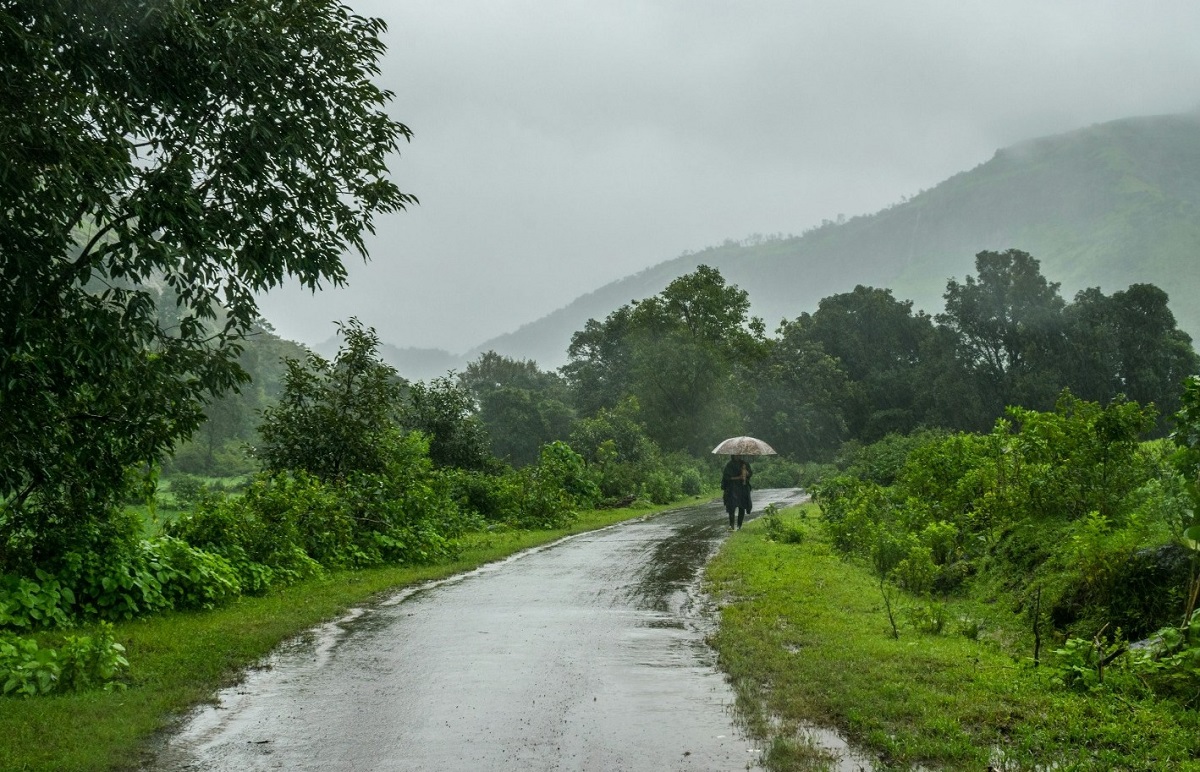The Nagaland Liquor Total Prohibition (NLTP) Act dominated the discussions on the opening day of the 5th session of the 14th Nagaland Legislative Assembly (NLA), as lawmakers grappled with its effectiveness and future. The debate, initiated by Moatoshi Longkumer, Advisor for Labour, Employment & Skill Development and Excise, centered on the “Health Hazards of Spurious Liquor.” Chief Minister Neiphiu Rio led the discussion, acknowledging the Act’s success in rural areas but recognizing its shortcomings in urban centers. Rio emphasized that the NLTP Act, enacted in 1989, aimed to address issues like domestic violence and public disorder related to alcohol abuse. However, he noted that it has inadvertently fueled a black market and increased criminal activity. “As long as people drink, there is bound to be demand and what follows naturally is the supply based on such demand,” Rio remarked. He called for a collective approach involving all sectors of society to address these issues.
Several members of the assembly voiced their perspectives:
Minister Temjen Imna Along urged for decisive action and constructive dialogue with civil societies rather than blaming individuals. He noted that total prohibition has rarely succeeded, with bootleggers often benefiting. Advisor Dr. Kekhrielhoulie Yhome warned of potential anarchy if prohibition persists and advocated for a balanced approach that respects personal freedoms while protecting community interests. Advisor KT Sukhalu highlighted the Act’s 34-year history and cautioned against dismissing its impact, while Advisor Kudecho Khamo praised the Act’s alignment with Nagaland’s Christian values and urged efforts to mitigate its negative effects. NCP MLA P. Longon and NPP MLA Dr. Tseilhoutuo Rhutso called for strengthening the Act rather than lifting it, suggesting increased resources and temporary relaxation for informed decision-making.
NPF Legislator Achumbemo Kikon proposed forming a committee to guide potential revisions or revocations of the Act, while Independent MLA Dr. Neisatuo Mero emphasized broader consultations with stakeholders. Advisor Longkumer further detailed the Act’s challenges, including smuggling due to Nagaland’s porous border with Assam, the proliferation of illegal bootleggers, and a shortage of resources for the Excise department. He suggested that if the Act is amended, stricter enforcement measures should be introduced, such as weekly dry days and stricter licensing regulations.




